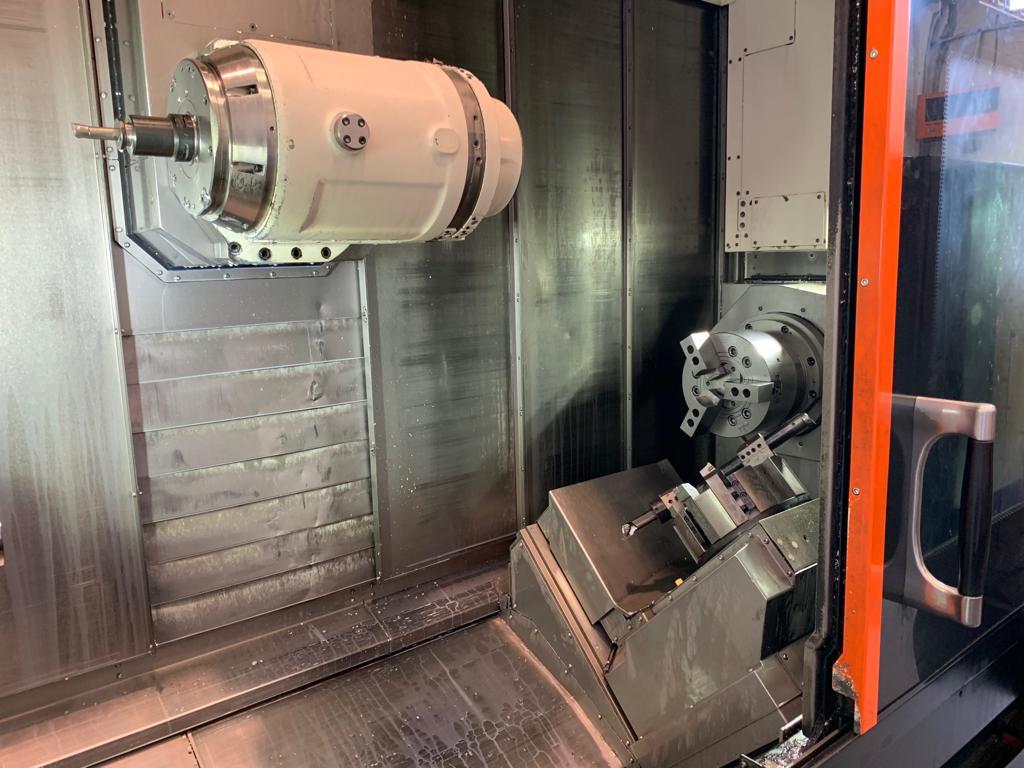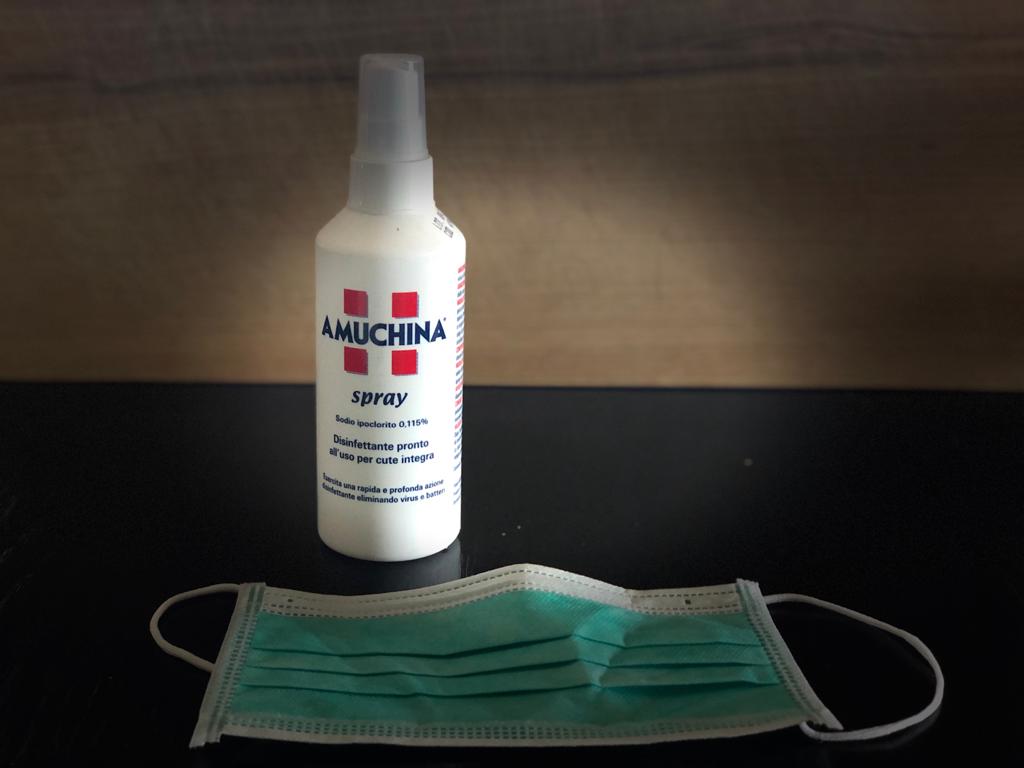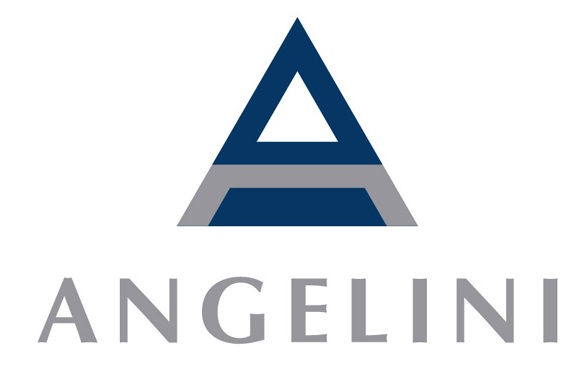For days now we have been talking only about the new virus that has arrived from China and that has fully affected Italy, the so-called Covid 19, commonly known as Coronavirus. Beyond the consequences for our health, let us leave these speeches to doctors and virologists; this epidemic, which has been mistaken these days for a pandemic, is upsetting the economy, not only of Italy but of the whole of Europe.
Lombardy and Veneto on their knees
Although the news of the first infected person was only reported on Friday, 20 February 2020, the economic damage is already clearly visible. In the areas where the virus outbreaks have been located, all activities are at a standstill. Schools, companies, cultural places, public buildings are closed to the public and all people are confined to their homes to contain the spread of the virus.
The situation for tourism is dramatic. School trips have been cancelled, 90% of tourists cancel their planned trips to Italy, not only to the regions most at risk, but also to other regions. If the imminent spring season has already been severely affected, the summer season is already starting to suffer the consequences too. Tourists who have already booked their holidays prefer to change their destination. The message from other countries is that it is dangerous to go all over Italy, not only to Lombardy and Veneto.
The Coronavirus had already started to hit the Italian and European economy in early January, as many component suppliers are located in China, and as many factories are either closed or unable to export their products. However, the situation has worsened for Italy since the virus arrived in the northern regions.
Given the emergency situation in Lombardy and Veneto, many companies have decided or have been forced to remain closed and therefore to stop production. The areas of Milan, Pavia, Lodi and Cremona alone account for 10% of Italian manufacturing production, which means that if the situation continues over the next few days, the entire national economy will be slowed down.

The metalworking sector where machine tools are used will suffer very serious consequences, especially in Northern Italy. It is enough to remember that there are almost 200 000 metalworking companies in Italy, of which almost 50 000 are in Lombardy.
Amuchina, the most searched word on the web in the last three days

While metalworking production has slowed down considerably, production in the pharmaceutical sector, especially the production of disinfectant products, is sky-high. Let’s take the example of Angelini’s Amuchina product (the most famous disinfectant product in Italy), in these days it has become the most sought after product on the shelves of supermarkets and pharmacies. Amuchina, just like the masks, is a difficult product to find these days in all stores in Northern Italy.
Normally the Angelini Pharma group produces 6 million litres of Amuchina per year in its factory in Liguria. With the arrival of the coronavirus, the company has registered a considerable increase in demand for this product and has therefore decided to reorganize its industrial activities to be able to respond to consumer demand.
This is a very particular situation for the company, as Amuchina is not their flagship product; in fact, Angelini produces in much larger volumes medicines such as Moment or Tachipirin (like aspirin). The machines used for the production and packaging of Amuchina usually do not work at full capacity throughout the year. In these days, instead, the machines work on three daily shifts from Monday to Saturday and the company does not exclude the possibility of working 7 days a week and H24 employing more staff to better manage the situation.

Angelini is therefore ready to deal with the emergency by increasing production in a short time to meet the enormous demand. The plastic bottles used as containers of the product come from external suppliers, so it is necessary to understand if these suppliers are also prepared to quickly increase the production of these containers…
